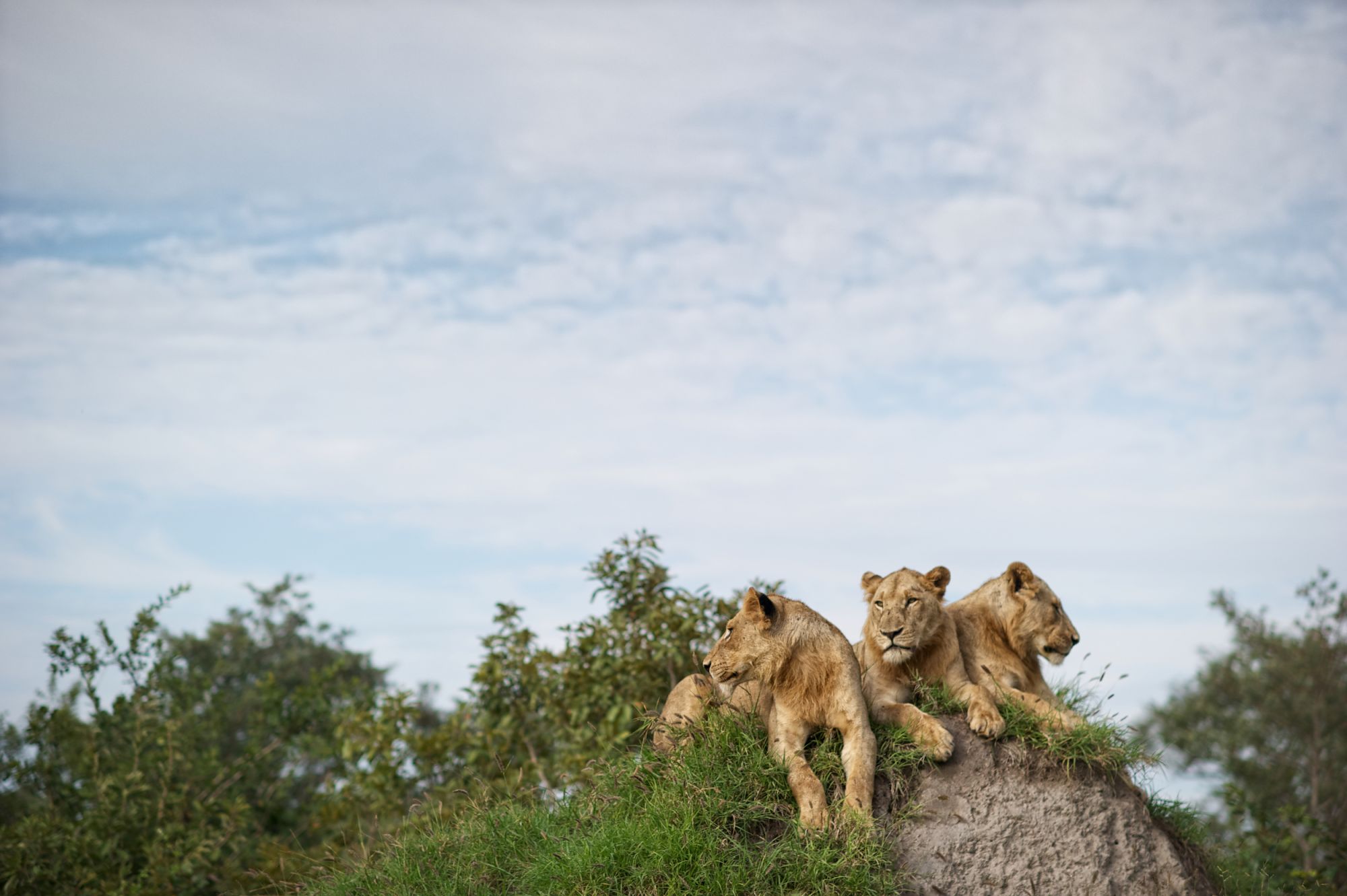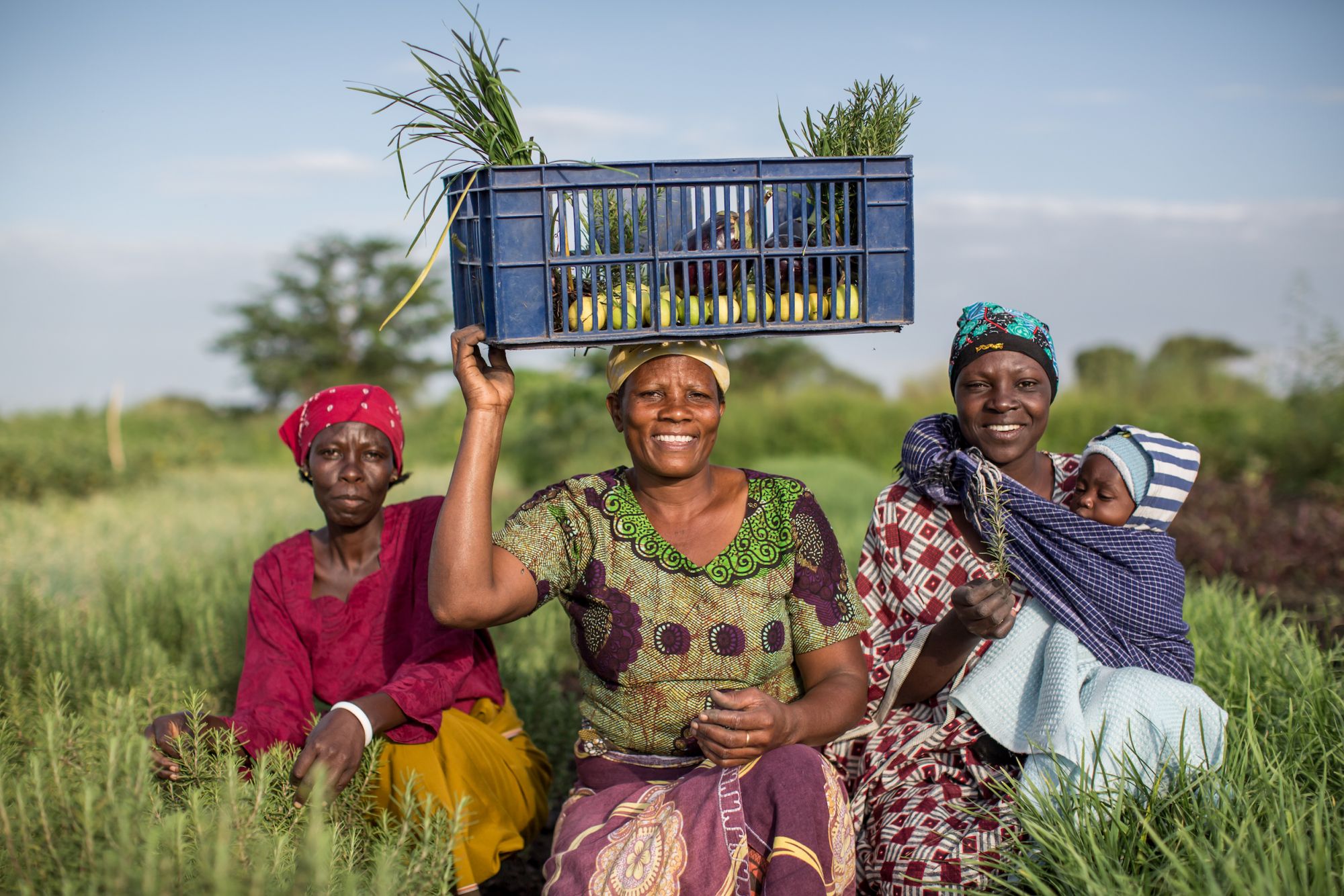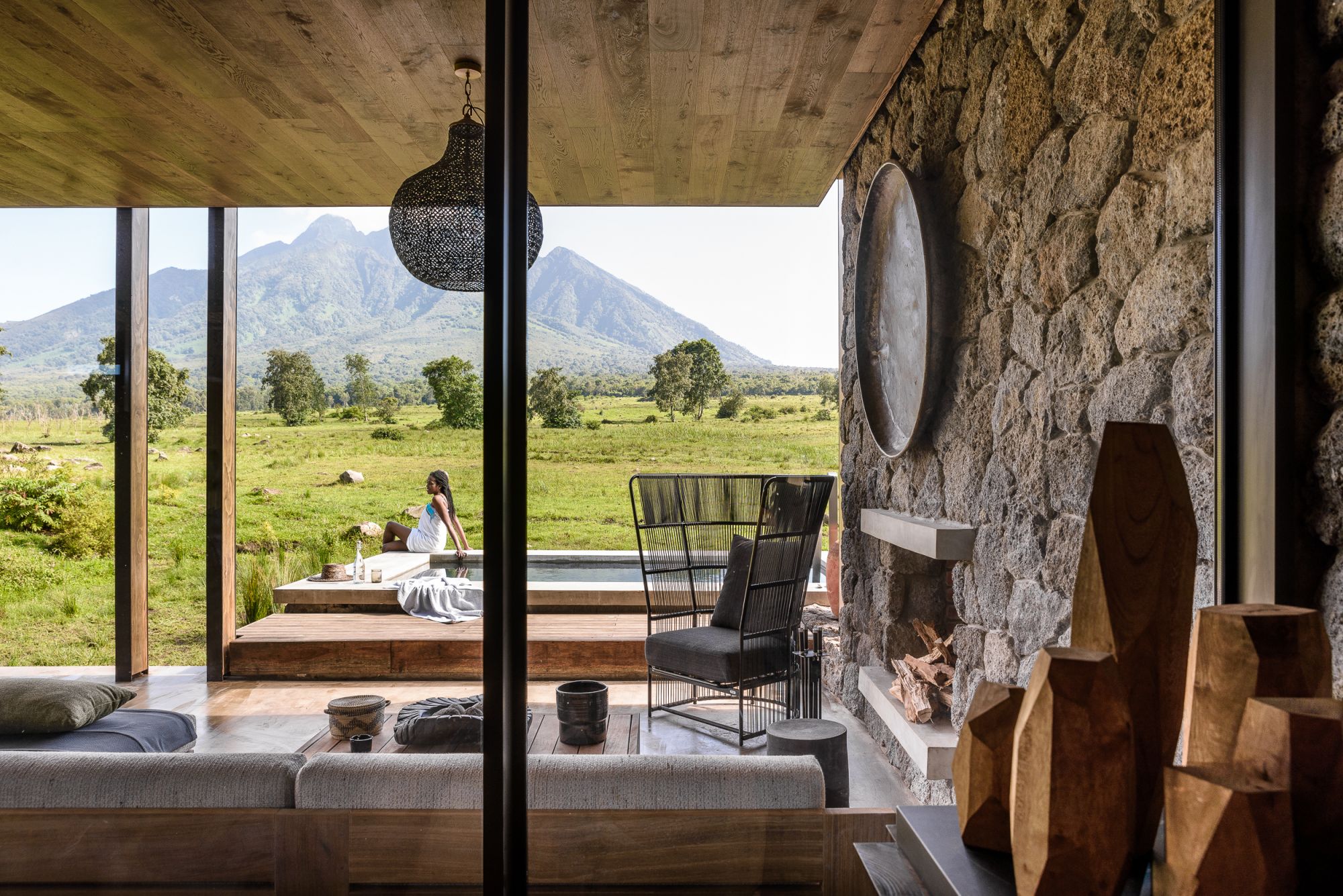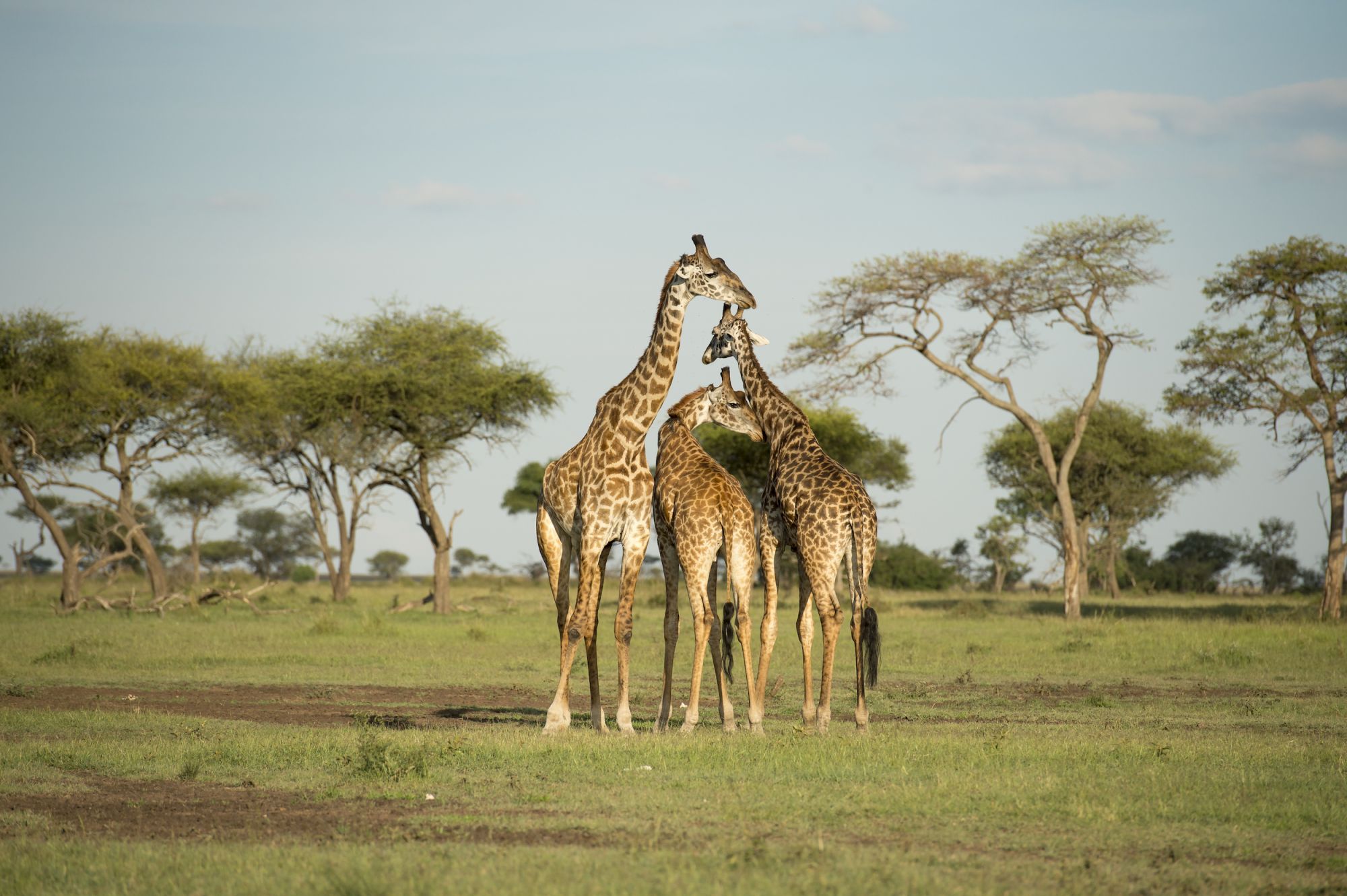Luke Bailes sat down with us during his trip to Hong Kong to talk about why luxury safaris are an essential tool for wildlife conservation
Singita, a name synonymous with luxury African safaris, is the conservation vision of its South African founder Luke Bailes. A pioneer in African wilderness tourism, Bailes saw an opportunity 25 years ago to combine high-end hospitality with an exclusive safari experience to support the conservation of African wilderness—a model which has been at the core of Singita since he founded Singita Ebony Lodge, the brand’s first property in 1993.
14 luxury, award-winning lodges and camps have followed, located in iconic destinations across South Africa, Zimbabwe, Tanzania and most recently Rwanda. Singita attracts high-net-worth individuals who are willing to pay a premium for untouched nature paired with exceptional accommodation, food, wine and service—a “low-volume tourism” operating model that ensures a low density of visitors and minimal impact on the land.

While hospitality plays a part in Singita’s conservation work, partnerships with non-profit funds and trusts in each region contribute significantly to the brand’s long-term community development goal. By investing in key enablers of local livelihoods through conservation education, employment opportunities and small business development, Singita provides people living in and around the reserves an alternative source of income and food.
When he’s not at one of the safari lodges or his home in Cape Town, Bailes is constantly on the road. On his trip to Hong Kong, we caught up with the founder of Singita at The Upper House to talk about his first safari experience, local communities' role in the conservation model and what’s in store for Asian travellers.
See also: Jeremy Jauncey On Why Sustainable Travel Is Here To Stay





